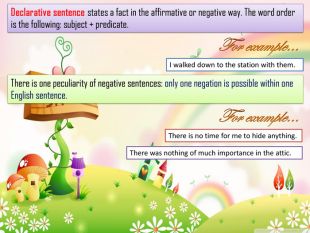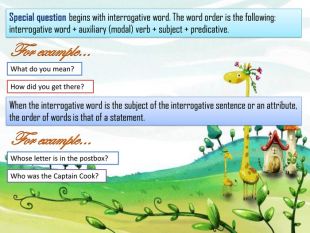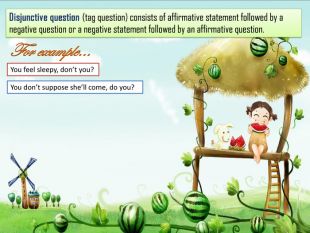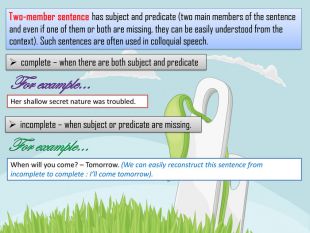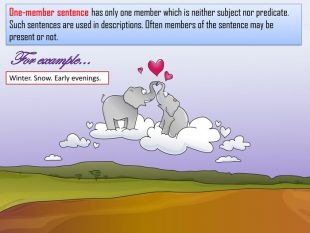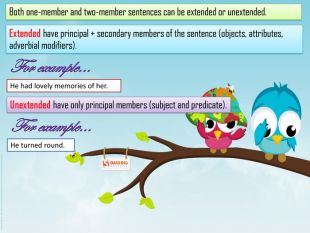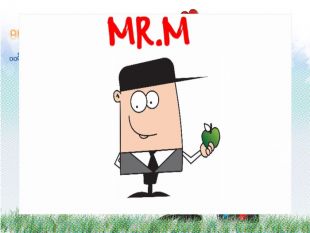Презентація на тему "Simple sentences"
Про матеріал
Презентація буде доцільною для поянення матеріалу про прості речення в англійській мові для шкіл з поглибленим виченням іноземних мов.
A simple sentence has just one independent clause. A simple sentence has no dependent clauses.
Дизайн презентації зорієнтований на молодшу аудиторію + приклади підібрані з найлежшими лексичними одиницями.
Перегляд файлу
Зміст слайдів
pptx
Оцінка розробки


Безкоштовний сертифікат
про публікацію авторської розробки
про публікацію авторської розробки
Щоб отримати, додайте розробку
Додати розробку
























